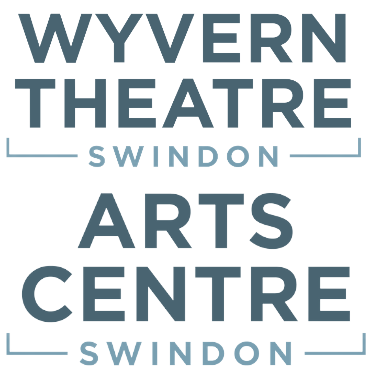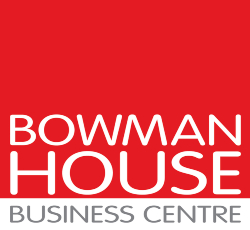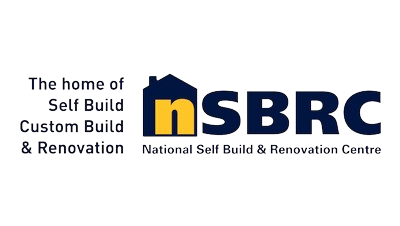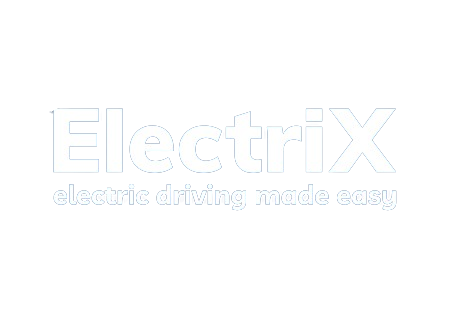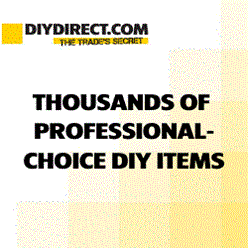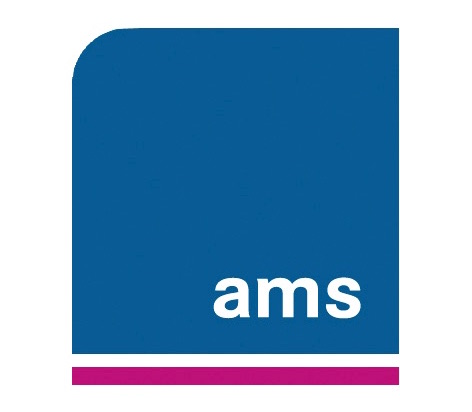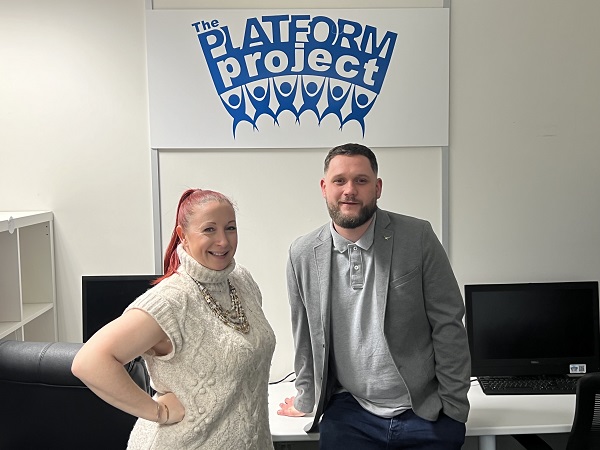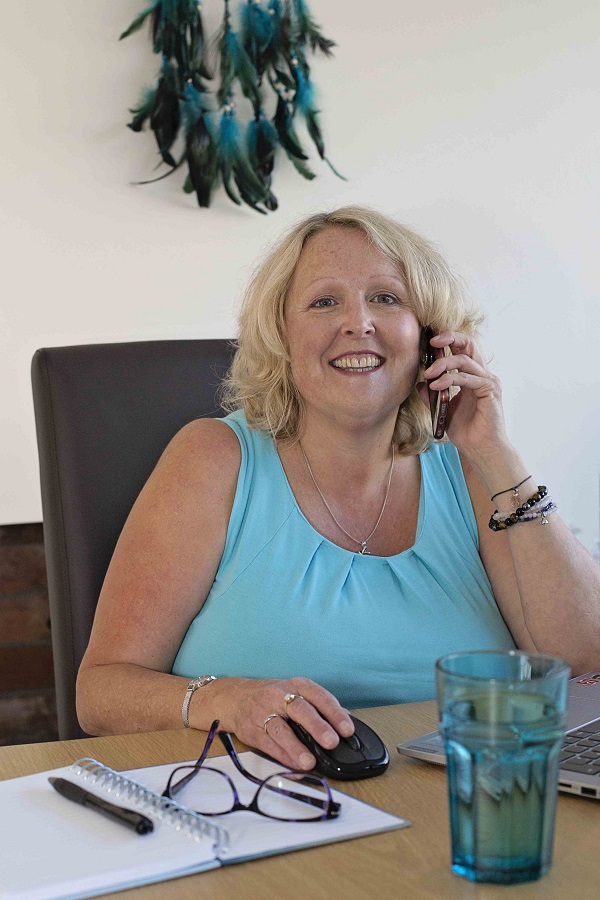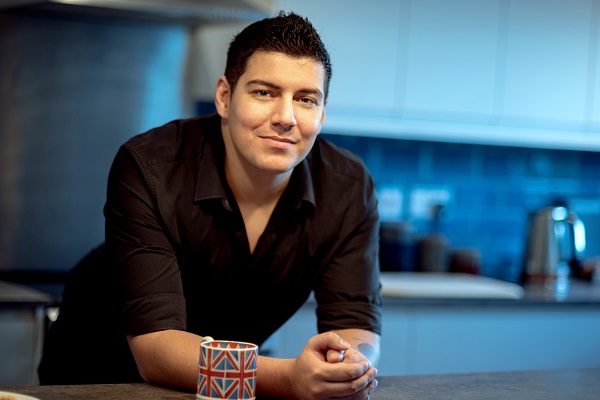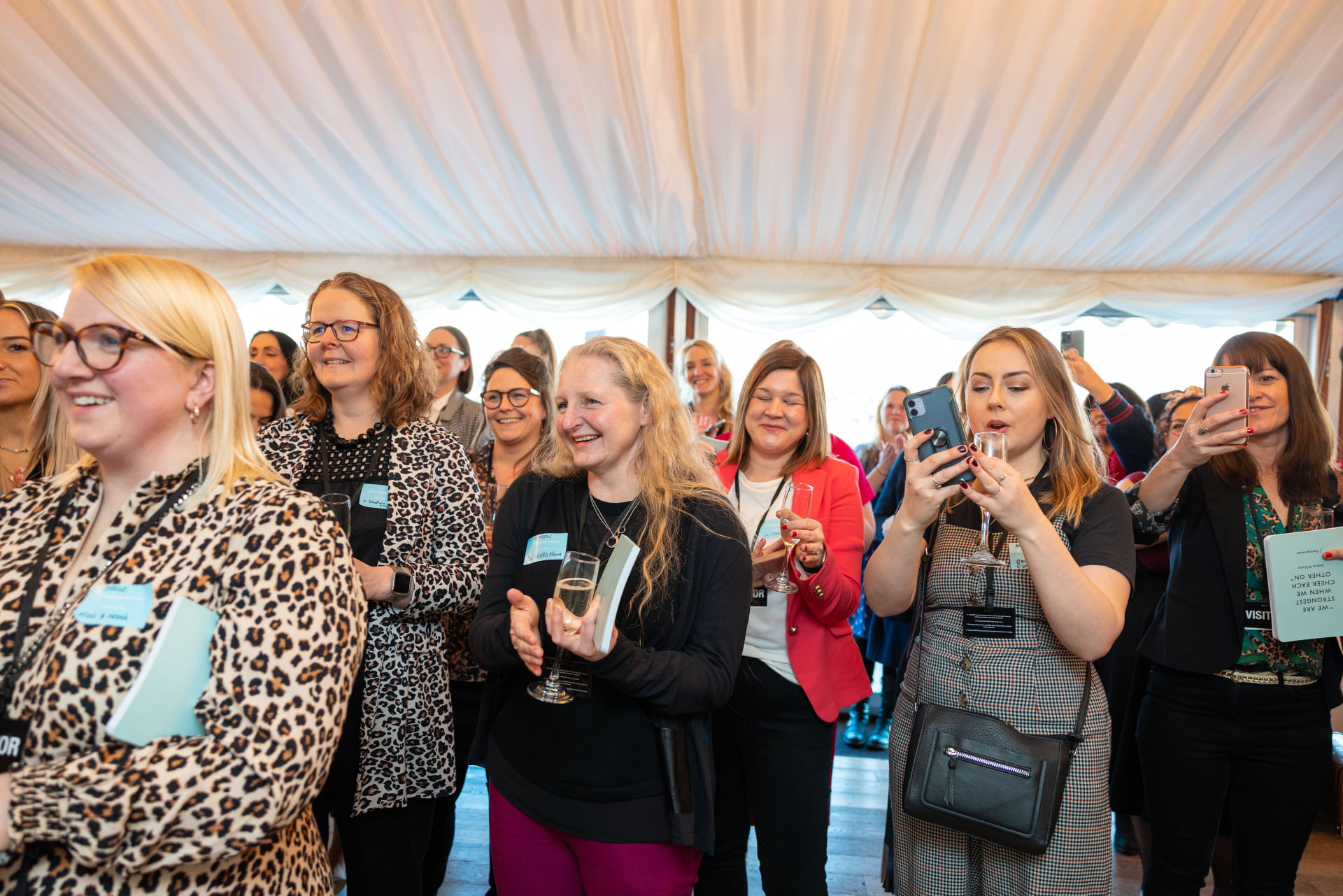What is a conveyancer and what do they do?
If you are buying or selling a home, then there is no avoiding the legalities of the transaction. A property is a significant purchase, so you need to ensure all the correct procedures are carried out, and for that you need a conveyancing lawyer.
Conveyancers do far more than just deal with paperwork and ask you questions. Your conveyancing lawyer has many different tasks to complete, whether you are the buyer or the seller, and their goal is to ensure the transaction goes through as smoothly as possible.
Conveyancing lawyers on both sides will confer to resolve any issues and, importantly, help both parties agree a completion date.
If you are selling a property, your conveyancer will want to see the title deeds, which may be held by yourself (if you own the property outright), or reside with the lender if you have a mortgage.
Your conveyancer will transfer the title deeds, arrange searches and can offer guidance should any issues come up as a result of a survey.
As a buyer, your conveyancing lawyer will carry out searches on the property, and help you work out if you need to pay Stamp Duty Land Tax.
A contract will be drawn up, outlining the Particulars of Sale, Conditions of Sale and the agreed date of completion. Once both sides are happy with the terms of the contract, it will be signed and exchanged; this exchange makes the sale legally binding, and it is also the point at which the buyer’s deposit is transferred.
On the date of completion – when the property is legally transferred to the new owner – the buyer’s conveyancer will arrange to transfer the outstanding money to the seller’s conveyancer.
Types of conveyancers
Conveyancing solicitors are fully qualified practising solicitors who can undertake the conveyancing process on your behalf. They’ll generally have wider training in other areas of the law. All practising solicitors are registered with the Law Society and the profession is regulated by the Solicitors Regulation Authority (SRA).
Licensed conveyancers may not have experience in other aspects of law, as solicitors do, but they are qualified lawyers, dealing solely with property law. They operate under a regulatory framework overseen by Council for Licensed Conveyancers.
DIY conveyancing. In theory, it is possible for someone buying or selling a property to conduct their own conveyancing, but this is a highly risk approach and not recommended. Additionally, there are legal restrictions as to what unqualified persons can do. The conveyancing process is complicated and if exacted poorly many issues could be missed. We’re reminded of the saying: “A man who is his own lawyer has a fool for a client.”
If you are buying or selling a property and want expert help with the conveyancing process, please get in touch with Iain Mason, Head of Legal at Optimum Professional Services. Email [email protected].



